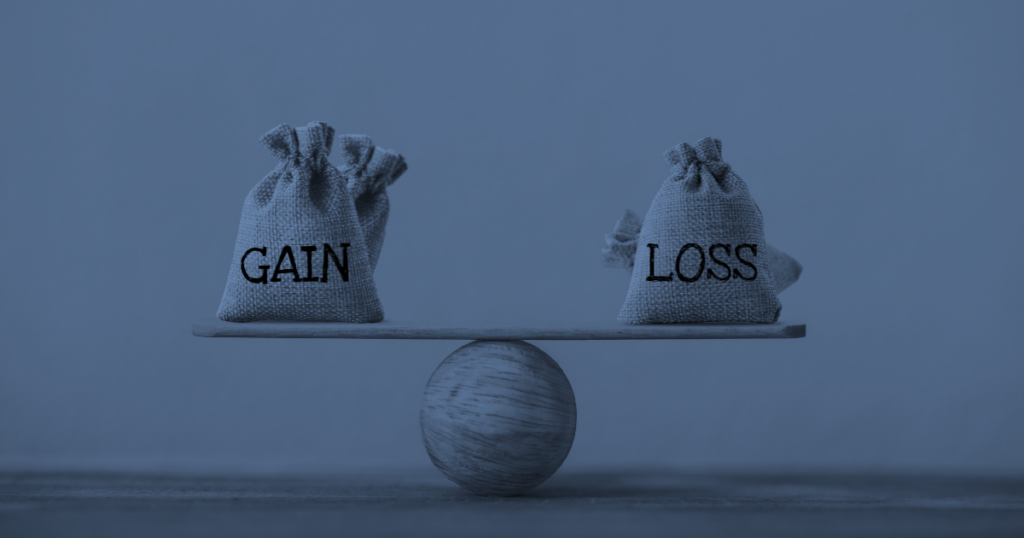Some good news for dealing with tax and estate planning for persons who own shares of a private company.
Currently under the Income Tax Act, when a person dies, there is a “deemed disposition” of all of their personally owned assets. What this means is that on death all of those personally owned assets are treated as if they were sold at their fair market value on the date of death. Unless there is a deferral of that tax (for example, a transfer to a surviving spouse on death), or an exemption from tax (for example the use of the lifetime capital gains deduction for shares of an active business), this rule can result in substantial capital gains tax.
It is easier to illustrate with an example. Let’s use the example of a person who has an investment holding company that they have built up for many years from profits of a business. And let’s assume the person’s shares have an original cost on incorporation of $100 but the shares of the company are worth $1 million on death.
On the death of that person, those shares are deemed to have been sold for $1 million. Since the cost of the shares in only $100, the capital gain is $999,900. Depending on the tax bracket of the deceased, the effective tax rate on that capital gain in BC could be as high as 26.75% on the first $250,000 of the gain and 35.66% on the remaining $749,900. Assuming that the deceased’s income in the year of death is at the top rate (which it often is), the total capital gains tax in BC on a $999,900 capital gain, would be approximately $334,335.
That is substantial and of course the question would be where does the $334,335 come from to pay this tax? Can the company pay for it? Yes, but it would have to be paid out of the company and that could be taxable as a non-eligible dividend. For example, if the funds have to be paid out as a dividend to the estate of the deceased, there would be tax on that dividend. This would very likely be a non-eligible dividend which would be taxed in BC at a rate as high as 48.89%. As you can see, the money would be taxed twice: once as a capital gain and a second time as a dividend. That is why it is referred to as “double taxation”.
There are a few strategies to deal with situations like this such as life insurance funding, the pipeline strategy, and a loss carryback.
The loss carryback strategy allows the executor of the estate (the estate needs to be a graduated rate estate) to elect to have the amount of the capital loss triggered by redemption or purchase of the shares of the deceased by the company carried back to the year of death to reduce or eliminate the capital gain on death on those shares. A redemption or purchase of shares by the company in this scenario results in a deemed dividend and a capital loss. That capital loss can then be carried back to the capital gain of the deceased on death and will likely eliminate all of the capital gains tax.
In that situation, there would not be double tax, because the capital gains tax would be eliminated so the only tax that would apply would be the deemed dividend.
This can work well to avoid the capital gains tax on death. But this election by the executor must be made within the first taxation year of the estate.
This can be a problem for two reasons:
- The administration of the estate can be complicated and obtaining a Grant of Probate could be slow. Often the necessary tax planning is not done until all of the assets and liabilities of the estate have been determined and the shares of the deceased have been valued. The time to do this may go past the first taxation year of the estate.
- The executor of the estate can select the year end of the estate. The year end can be up to one year after the date of death. However, in some cases, the executor may choose a shorter taxation year than one year for other reasons (e.g. a December 31 year end) and so the time period for tax planning is even shorter than one year.
The good news is that the draft legislation released on August 12, 2024 by the Federal Department of Finance proposes to allow this loss carryback election to be made up to the end of the first three taxation years of the estate rather than one year.
If you have any questions about capital gains tax, dividends, or any general tax law or estate planning needs, reach out to Thomas Fellhauer, K.C., at [email protected] or via phone at 250.869.1165.

